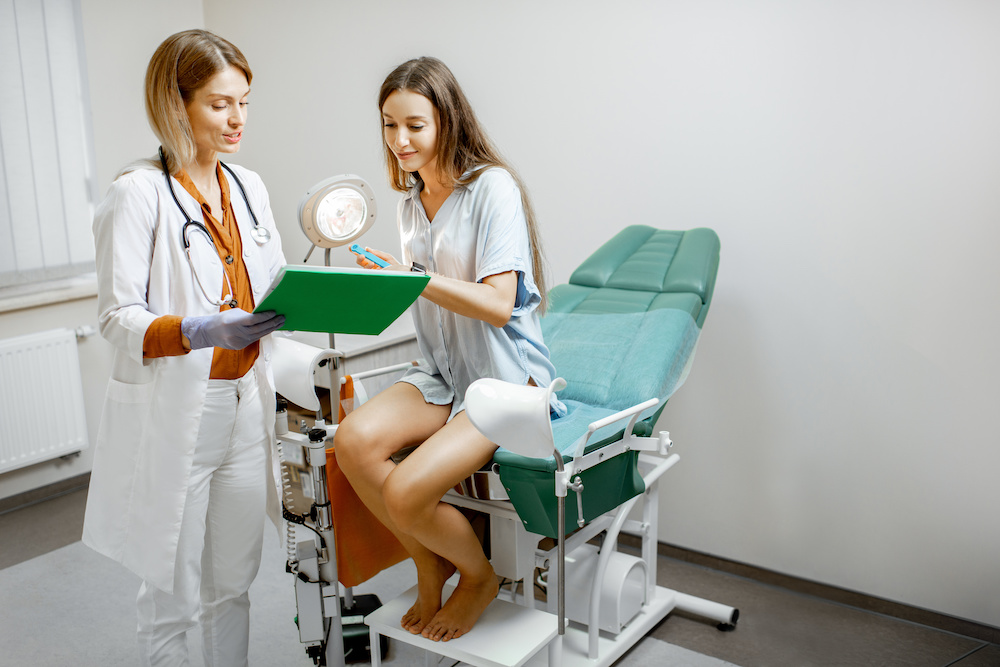Benefits of Non-Surgical Urinary Stress Incontinence Treatments

Urinary stress incontinence, or the involuntary loss of urine, is a problem that plagues many individuals – both men and women. This issue can be embarrassing, frustrating and can even cause those suffering from it to enjoy life less, avoid public places, or even make them want to avoid leaving the house altogether to avoid any “accidents.” While there are products aimed at keeping urinary stress incontinence private (such as specially made underpants), the heart of the matter is that the individuals who are suffering from this want the problem to disappear entirely – not to be covered up. Luckily, there are actually some treatments available that can help to resolve urinary stress incontinence – and they don’t even require surgery to see and feel the benefits!
What is Urinary Stress Incontinence?
Urinary Stress Incontinence is simply the involuntary loss of urine from the urethra. Urine can leak out from sneezing, coughing, laughing, or even exercising. This can, naturally, cause distress when it occurs. While childbirth and menopause are the two most common factors for developing urinary incontinence, there are other factors that can come into play for this condition as well. Other factors that can contribute to urinary stress incontinence include:
- Chronic coughing
- Chronic sneezing
- Obesity
- Smoking
- Urinary tract infections
- Diabetes (due to excessive urine production and nerve damage)
- Excessive caffeine consumption
- Excessive alcohol consumption
- Medications
- Sports or exercise
What are Non-surgical Treatments for Urinary Stress Incontinence?
When it comes to solutions for urinary stress incontinence, you have surgical options, which typically have a long downtime and a hospital stay – which of course is not ideal for everyone. Then you have your non-surgical options, such as a CO2 laser, which offers treatment for urinary stress incontinence without the worry of excessive downtime, pain, or risks. This treatment can help alleviate urinary stress incontinence or in most cases, eliminate the concern altogether.
How Does Non-surgical Treatment Work?
Non-surgical treatment for urinary stress incontinence works by using a CO2 laser, which is an intravaginal device that is perfectly safe to break down collagen along the periurethral tissues, or the soft tissues around the urethra. When enough of this collagen is broken down, it can actually help to reduce the severity of urinary stress incontinence – without ever needing any surgery! The CO2 device also works by targeting areas of the vagina that assist with vaginal tightening, which enhances support and allows the procedure to be more successful. Of course, if this treatment is not providing the desired results, you can explore more traditional surgical methods, such as a sling or mesh, but this treatment is FDA approved and has a high success rate.
What are the Benefits?
The benefits of non-surgical urinary stress incontinence treatments are vast and are appealing to many women. Some of these benefits include a tighter, firmer vagina, increased vaginal lubrication, and the ability to have urinary stress incontinence prevented before it even occurs in the first place.
What is Recovery Like?
When it comes to treatment for urinary stress incontinence, you may be wondering what recovery is like. With a non-surgical treatment, the recovery is not long at all – in fact, it is relatively short and easy, unlike traditional surgical urinary stress incontinence treatments. When it comes to recovery, there is no downtime! This allows you to get back to your daily activities without having to worry about scheduling excess time off of work or away from your family. There are also no lengthy hospital stays – you can go home and back to your daily life right away. Since you can return to work immediately following the procedure, you can even opt to have the treatment performed during your lunch hour. Also, you do not have to worry about waiting a long period of time before engaging in sexual intercourse – most times, it only requires a 48-hour break before resuming.
If you would like to learn more about the benefits of non-surgical urinary stress incontinence treatments and to find out if they may be right for you, call the office of Dr. Ghozland today at 310-393-9359.
